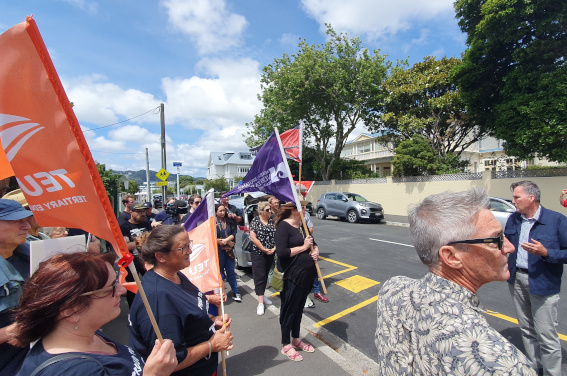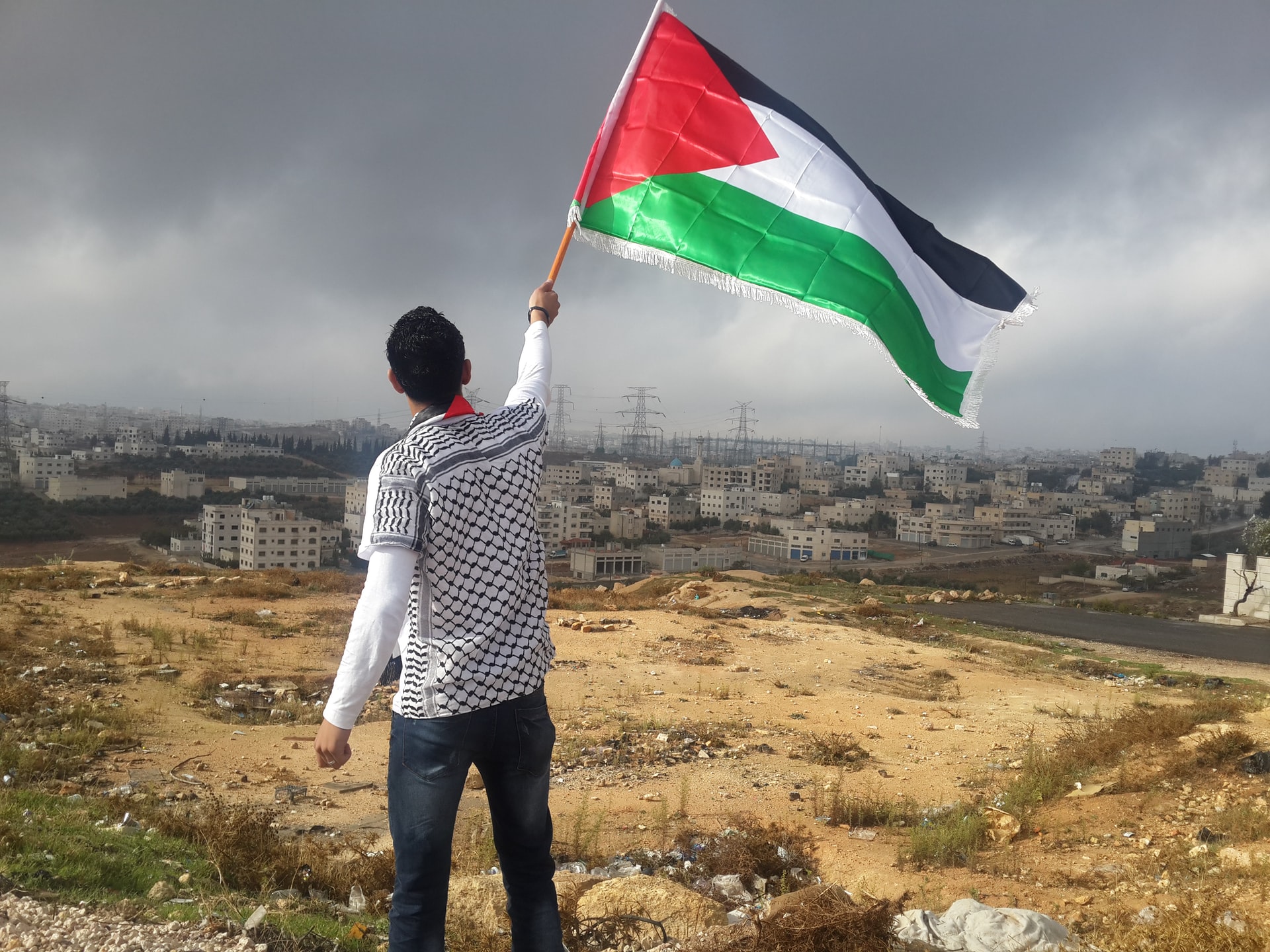Mandalay demonstration
“Free! Free! Free our leaders! Free! Free! Free all activists!” Around 60 people, including Myanmar nationals, their friends and families, peace activists and socialists, marched from Ōtepoti/Dunedin’s train station to the Octagon, where organisers took to the stage to speak to the crowd. One woman spoke of this as her first protest action ever, and improvised an emotional speech in which she touched on the very palpable fear she felt for her family and friends.
Those friends back home are actively protesting, alongside students, trade unionists and activists of all stripes, despite the killing of more than 120 citizens and the arrest of over 2,000 since the military coup at the start of last month.
Labour MP for Taieri Ingrid Leary spoke briefly on her time spent working in Myanmar and the complicated grip that the military had on the country even while not formally in power. She urged attendees to research the complicated geopolitics of the region and not hold President Aung San Suu Kyi (currently under military house arrest) fully responsible for past and current crises, clearly alluding to the ongoing genocide of minority Rohingya Muslims. These comments were met with some shouts of affirmation, as well as some murmurs of uneasiness, reflecting the real muddiness of the current situation.
The organisers requested that people comfortable enough have their photos taken with signs bearing slogans, such as ‘The Dictatorship Must be Overthrown’, show support and solidarity within the Dunedin community. Group photographs were taken, three-fingered salutes given and people began mingling casually. As the formal protest dispersed, many people stayed in the space, sharing contact details for future events and discussing the ongoing protests in Myanmar.
International Socialist Organisation members attended, not because we believe Myanmar’s elected President to be an icon of liberation politics, but because we believe in people’s self-determination reinforced through international solidarity. Authoritarian military control must be countered. Myanmar has a violent history of control from above by military regimes that farcically used the label of socialism. We express condemnation of these regimes and solidarity with democratic movements not simply by explaining how our politics are fundamentally different from the ‘Burmese Way to Socialism’, but by marching beside those affected, by assisting them in organising when requested, and following the leadership of the communities at the heart of the issue.









